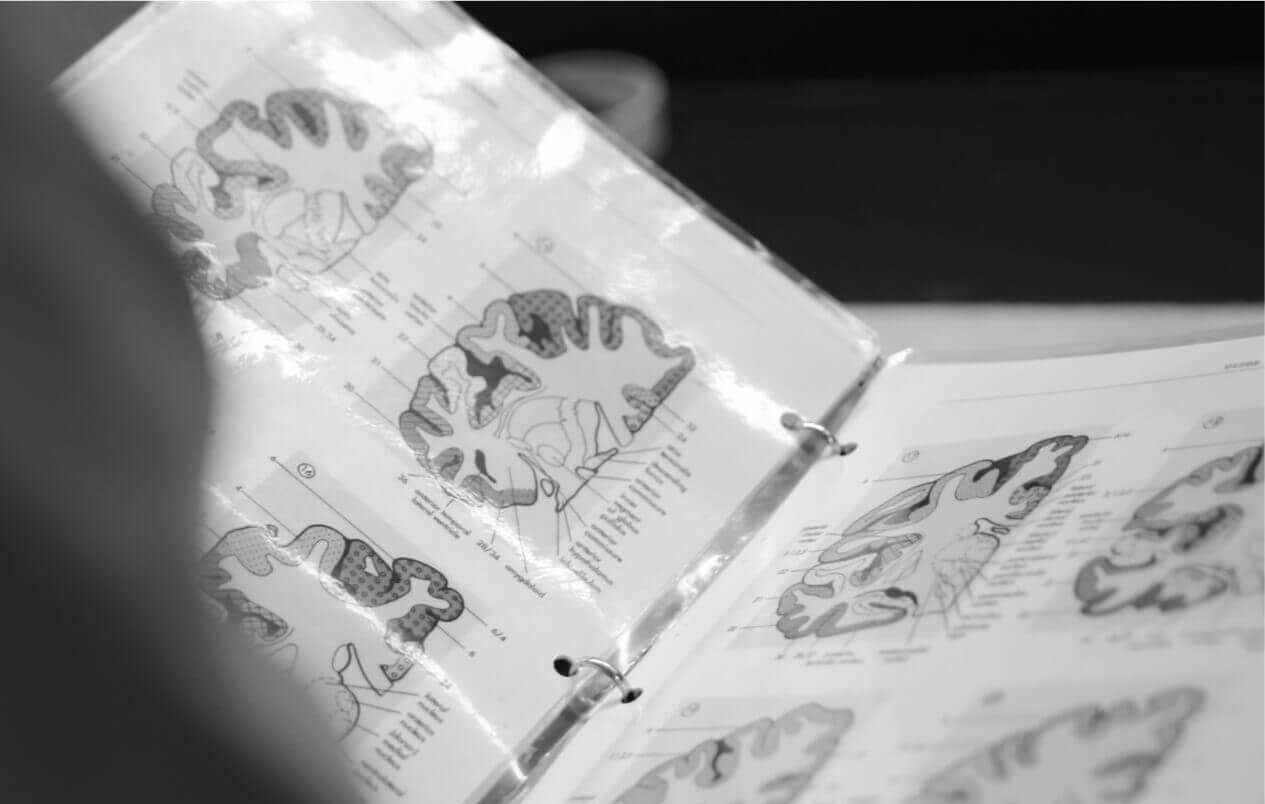Why Brain Donation is Essential to Advancing Mental Health Research
World Mental Health Day–October 10—is an important reminder of just how many lives are touched by mental illness. While conversations about treatment, stigma, and support are necessary, it’s critical to note the role of brain donation in unlocking answers.
Unlike other organs, the brain cannot be fully studied through imaging, blood tests, or biopsies alone. To truly understand the biology of mental illness—what goes wrong, why it happens, and how to treat it—scientists must study donated brain tissue. Every breakthrough in brain science depends on this gift.
At The Brain Donor Project, more than 27,000 people have already started the process to become a brain donor when they pass. About two-thirds of them report some type of neurological disorder. Within that group, 25-percent—the largest of any category—cite a mental illness such as bipolar disorder, ADHD, depression, and many others. And, importantly, 88-percent of those who report a mental illness report that they have more than one mental health diagnosis. These generous individuals know that by donating their brains, they may help researchers uncover insights that could transform how we understand, prevent, and treat these conditions for future generations.
The need is urgent. Mental illnesses affect millions of people worldwide, yet they remain among the least understood medical conditions. Brain donation is one of the most powerful ways to accelerate discovery and give hope to those living with these challenges.



